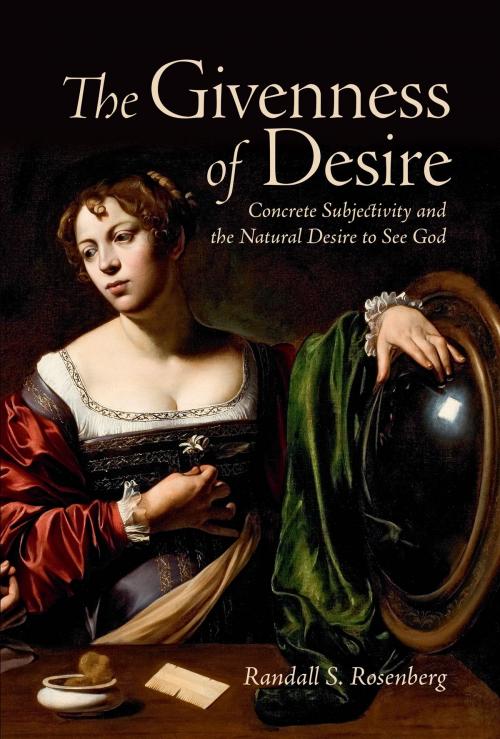The Givenness of Desire
Concrete Subjectivity and the Natural Desire to See God
Nonfiction, Religion & Spirituality, Christianity, Church, Church & State, Philosophy, Religious, Theology| Author: | Randall S. Rosenberg | ISBN: | 9781487510725 |
| Publisher: | University of Toronto Press, Scholarly Publishing Division | Publication: | June 16, 2017 |
| Imprint: | Language: | English |
| Author: | Randall S. Rosenberg |
| ISBN: | 9781487510725 |
| Publisher: | University of Toronto Press, Scholarly Publishing Division |
| Publication: | June 16, 2017 |
| Imprint: | |
| Language: | English |
In The Givenness of Desire, Randall S. Rosenberg examines the human desire for God through the lens of Lonergan’s "concrete subjectivity." Rosenberg engages and integrates two major scholarly developments: the tension between Neo-Thomists and scholars of Henri de Lubac over our natural desire to see God and the theological appropriation of the mimetic theory of René Girard, with an emphasis on the saints as models of desire. With Lonergan as an integrating thread, the author engages a variety of thinkers, including Hans Urs von Balthasar, Jean-Luc Marion, René Girard, James Alison, Lawrence Feingold, and John Milbank, among others. The theme of concrete subjectivity helps to resist the tendency of equating too easily the natural desire for being with the natural desire for God without at the same time acknowledging the widespread distortion of desire found in the consumer culture that infects contemporary life. The Givenness of Desire investigates our paradoxical desire for God that is rooted in both the natural and supernatural.
In The Givenness of Desire, Randall S. Rosenberg examines the human desire for God through the lens of Lonergan’s "concrete subjectivity." Rosenberg engages and integrates two major scholarly developments: the tension between Neo-Thomists and scholars of Henri de Lubac over our natural desire to see God and the theological appropriation of the mimetic theory of René Girard, with an emphasis on the saints as models of desire. With Lonergan as an integrating thread, the author engages a variety of thinkers, including Hans Urs von Balthasar, Jean-Luc Marion, René Girard, James Alison, Lawrence Feingold, and John Milbank, among others. The theme of concrete subjectivity helps to resist the tendency of equating too easily the natural desire for being with the natural desire for God without at the same time acknowledging the widespread distortion of desire found in the consumer culture that infects contemporary life. The Givenness of Desire investigates our paradoxical desire for God that is rooted in both the natural and supernatural.















